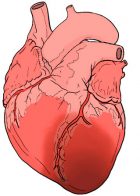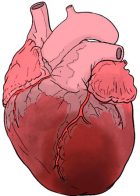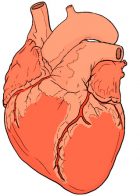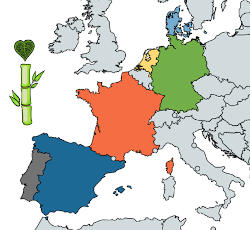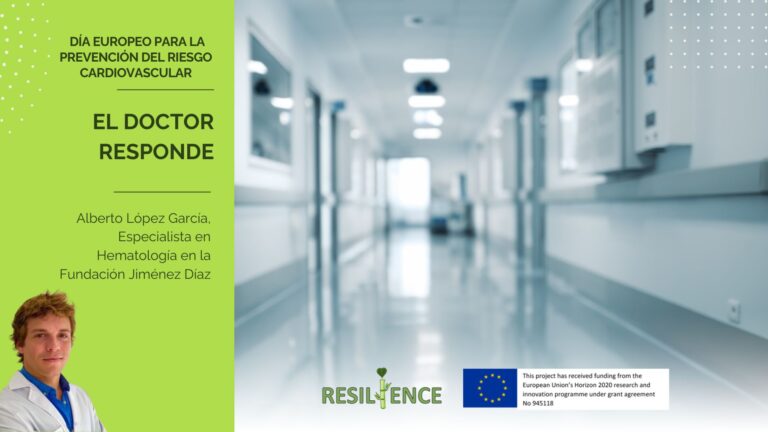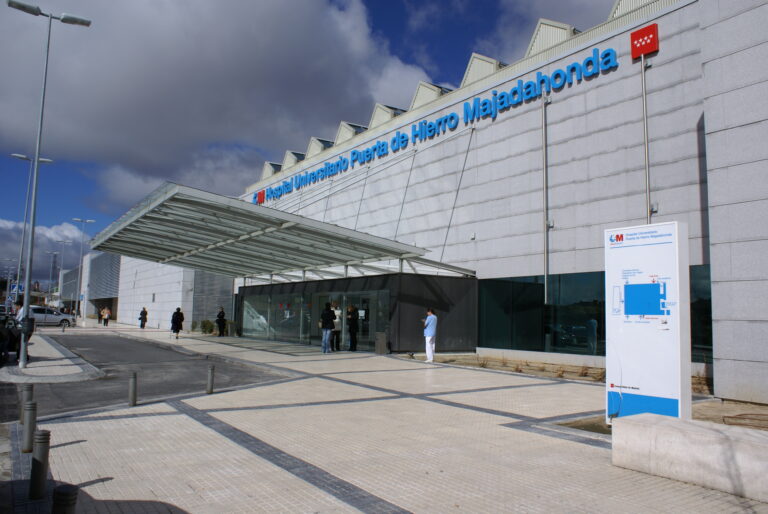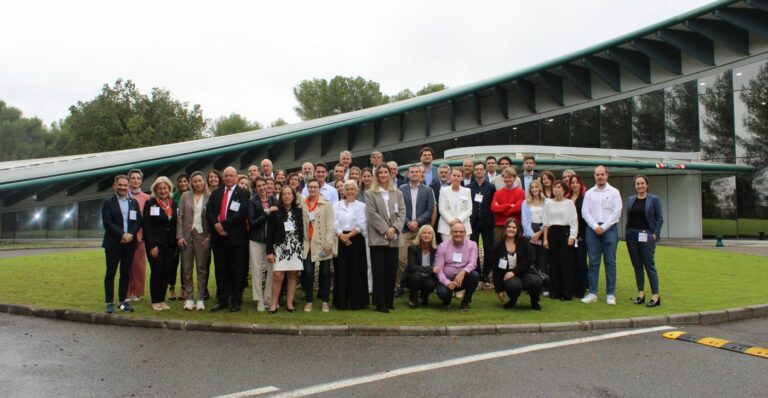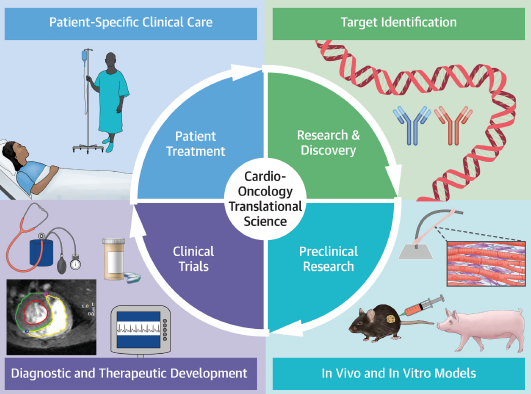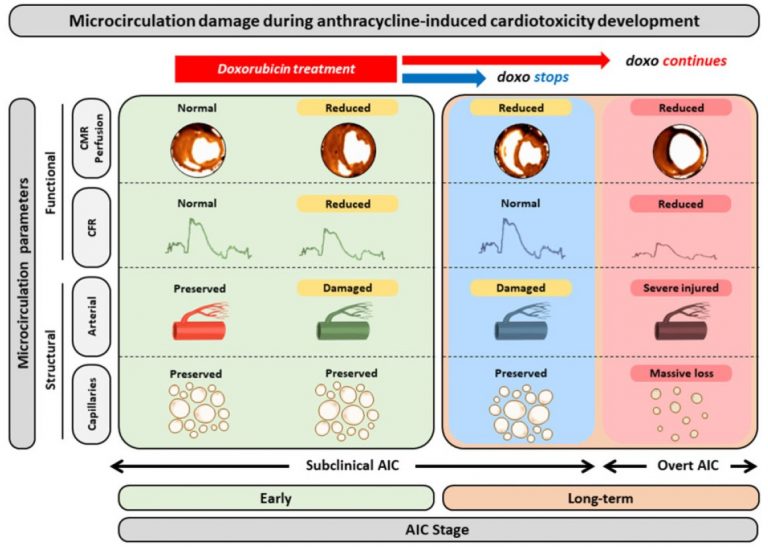The Quest for an Early Marker of
Anthracycline-Induced Cardiotoxicity

There is a strong need to identify (bio)markers that can detect early stages of anthracycline-induced cardiotoxicity (AIC). In this editorial, 2 RESILIENCE researchers present the current state of the art of the field. They discuss data from al original paper published in the same issue of the journal by Bonny Ky´s team, showing that paraoxonase-1 […]
Coronary microcirculation damage in anthracycline cardiotoxicity
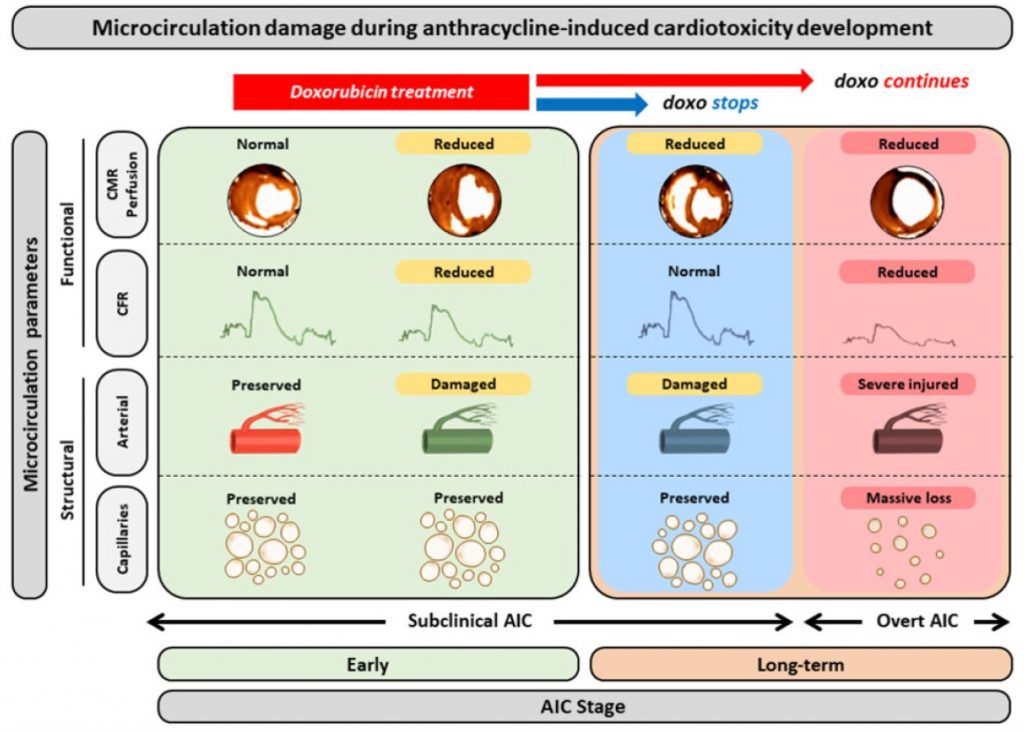
By using a highly translatable large-animal model, this work shows that cumulative exposure to anthracycline results in an irreversible damage to the heart microcirculation. The microcirculation injury is observed even before overt left ventricular cardiac systolic dysfunction (surrogate for overt cardiotoxicity) is present. Cardiac microcirculation damage is associated with poor clinical outcome in general, and […]
Protection from cardiotoxicity of cancer chemotherapy: a novel target for remote ischaemic conditioning?
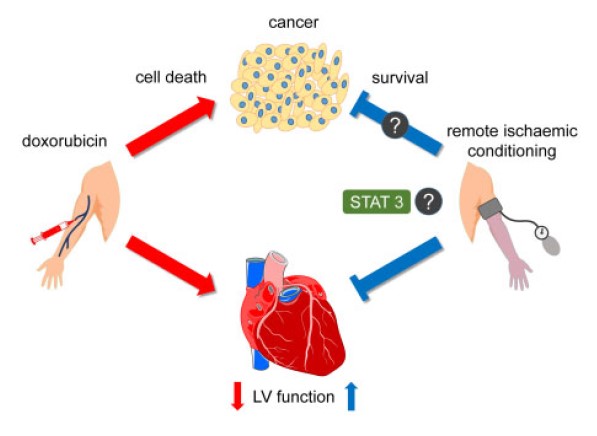
Editorial article highlighting the strong potential of remote ischemic conditioning to prevent anthracycline-induced cardiotoxicity. This intervention will be tested within RESILIENCE project.
CNIC coordina RESILIENCE, un proyecto diseñado para reducir la insuficiencia cardíaca en pacientes con cancer

La Comisión Europea, a través del programa H2020 “Salud, Cambio Demográfico y Bienestar”, ha designado al Centro Nacional de Investigaciones Cardiovasculares (CNIC) como coordinador de RESILIENCE (REmote iSchemic condItioning in Lymphoma PatIents REceiving ANthraCyclinEs), un ambicioso proyecto especialmente diseñado para desarrollar una nueva intervención médica destinada a reducir la prevalencia de la insuficiencia cardíaca crónica […]
Remote ischaemic preconditioning ameliorates anthracycline-induced cardiotoxicity and preserves mitochondrial integrity

Serial cardiac magnetic resonance (CMR) evaluation of a highly translatable large-animal (pig) model of anthracycline-induced cardiotoxicity (AIC) shows that cumulative exposure to anthracyclines results in significantly reduced left ventricular ejection fraction and extensive mitochondrial fragmentation. Remote Ischemic Conditioning applied before each anthracycline cycle preserved cardiac contractility and left ventricular ejection fraction in long-term CMR exams. […]
RESILIENCE, a project to reduce the prevalence of heart failure in cancer survivors
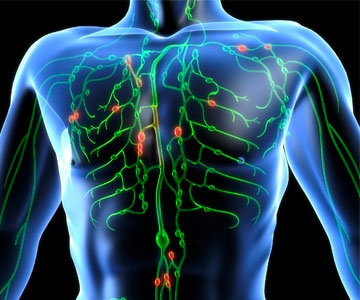
Cancer patients are a vulnerable population prone to develop cardiovascular complications. Among other factors, some anticancer therapies can induce adverse cardiovascular effects. Every year, more than 3 million Europeans receive aCancer patients are a vulnerable population prone to develop cardiovascular complications. Among other factors, some anticancer therapies can induce adverse cardiovascular effects. Every year, more […]

